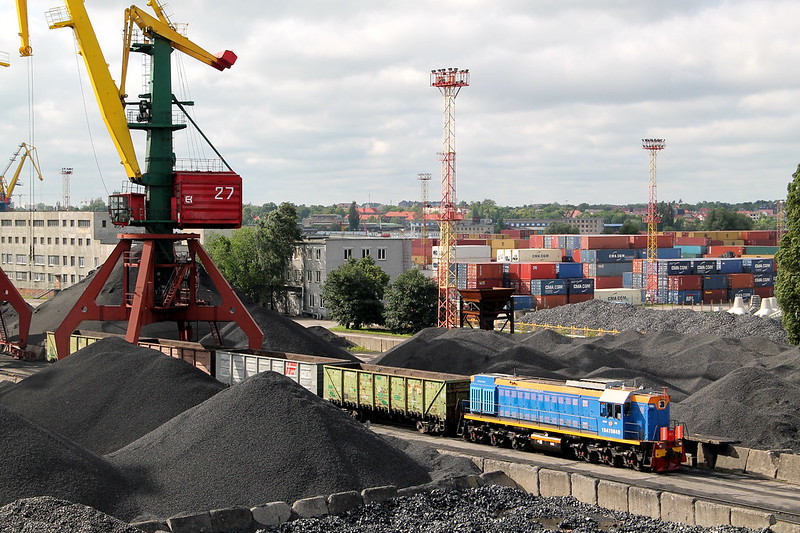LTG Cargo reduces Kaliningrad transit volumes in 2023

LTG Cargo, the freight subsidiary of Lithuanian Railways, is set to reduce rail-borne volumes transiting to and from Kaliningrad via Lithuania in 2023. The company, which transported eight million tonnes of cargo to and from the Russian exclave in 2022, will reduce this amount to roughly 2,6 million tonnes this year.
LTG Cargo stated that it will allow the transit of 2,240,746 tonnes of cargo bound for Kaliningrad from Russia and 420,000 tonnes to transit in the opposite direction. Prominent in the transit volumes will be coal and steel products. Specifically, in 2023 LTG Cargo will undertake the transit transport of 644,101 tonnes of coal and 471,736 tonnes of steel. These numbers concern traffic from Russia to its exclave.
The remaining 420,000 tonnes that will run in the opposite direction will mainly concern timber and forestry product volumes exported from Kaliningrad to the Russian mainland. However, the numbers show that apart from steel, coal and timber, more products will transit to and from Kaliningrad, according to sanctions regulations. LTG Cargo has clarified that it looks at each train service separately to determine whether the cargo can transit without breaking any sanction-related rules.
Drop in Eurasian volumes too
Apart from mainland Russia-Kaliningrad traffic, which has been affected due to the sanctions, even though it continues relatively undisrupted, Eurasian traffic bound to Kaliningrad also dropped significantly in 2022, probably signalling an equally slow year in 2023.
In particular, according to the index1520 data, Kaliningrad serves Eurasian flows with two terminals – Mamonovo and Kaliningrad-Sortirovochniy. The first saw 6,150 tonnes of cargo from Altynkol and 1,968 tonnes from Dostyk in 2022. The drop was 89,4 per cent for Altynkol-originating volumes and 35,7 per cent for Dostyk-originating volumes.
The latter saw roughly 43,000 tonnes coming from Altynkol and 7,320 from Dostyk. The drop for the Kaliningrad-Sortirovochniy terminal was more significant since, compared to 2021, it received 72,44 per cent fewer volumes from Altynkol and 86,98 per cent reduced volumes from Dostyk.
Tensions on Lithuania-Belarus border
The already reduced Kaliningrad-bound rail traffic faces some additional challenges. Lithuanian customs had already increased the border checks for Russian trains arriving in the country, specifically the controls on the border with Belarus, the main entry point to Lithuania by land.
This has resulted in the deployment of x-ray machines at border crossings. Yet, some smuggling incidents noted lately, combined with reports from LTG Cargo that some companies have attempted to circumvent cargo restrictions stemming from sanctions, have resulted in some border closures between Belarus-Lithuania. Specifically, the Stasylos-Byenyakoni rail border crossing is indefinitely closed since its anti-smuggling technologies are updated. Lithuanian customs have mentioned that the closure will be temporary; nevertheless, it still affects rail traffic.
Follow RailFreight.com on Google News and get the latest industry updates.
Also read:
-
Lithuania closes rail border with Belarus, too much smuggling
-
Bootleg Belarusian cigarettes on a train seized by Lithuanian Customs
You just read one of our premium articles free of charge
Want full access? Take advantage of our exclusive offer





